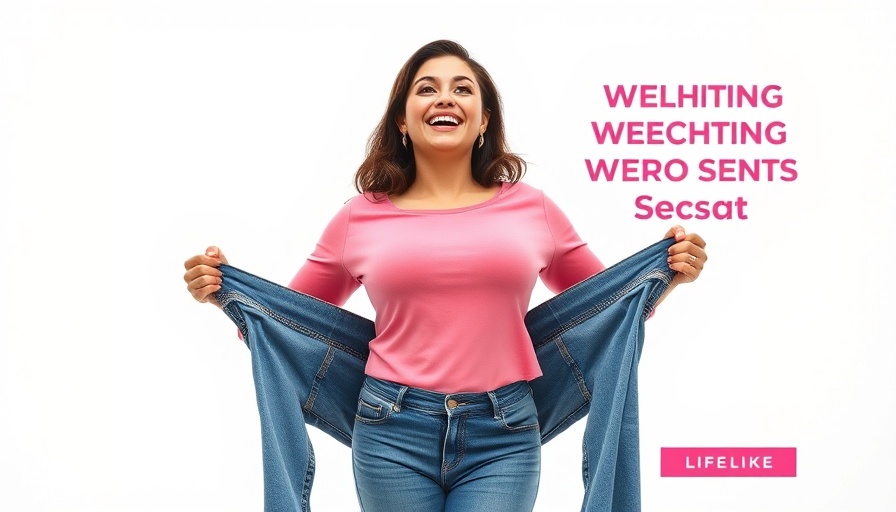
Revolutionizing Weight Loss: The Rise of Authentic Influencer Marketing
The weight loss industry is booming, with projections suggesting it could reach a staggering $360 billion by 2034. However, the way brands are engaging with their audiences is undergoing a significant transformation. Today, authenticity is key, and brands are moving away from showcasing unrealistic body images towards relatable, real-life wellness journeys. This shift is highlighted in the latest marketing campaigns from brands like Noom and Weight Watchers (WW).
Noom's Journey: Personalization Over Perfection
Noom has embraced influencer marketing by partnering with creators from diverse backgrounds, promoting stories that resonate deeply with audiences. Their recent campaign utilized AI insights from BENlabs, which led to engaging 90 small and mid-sized influencers. The outcome? An impressive 5.5 million content views and an uptick in customer lifetime value by 28.6%. This approach underscores a vital trend in health and wellness marketing - personalization and authenticity are winning hearts and converting audiences.
Weight Watchers' Personal Touch: The 'Fits You' Campaign
WW has also made waves with its innovative 'Fits You' campaign, focusing on personal stories rather than numbers. Collaborating with notable influencers such as Tia Mowry, WW highlighted the diversity of real experiences within their program. By sharing genuine testimonials from actual users alongside these well-known figures, the campaign has fostered a sense of community, creating content that thrives on platforms like Instagram and YouTube. The dual efficacy of aspirational yet relatable content is what sets this approach apart.
Why Authentic Influencer Marketing Matters
The move towards authenticity is reshaping expectations within the weight loss market. Today's consumers are not just looking for results but also for brands that reflect their values of truthfulness and transparency. Relatable influencer stories inspire action, building a stronger connection that often motivates individuals on their personal wellness journeys. As brands continue to harness the power of real narratives, they not only uplift themselves but also contribute positively to the broader conversation around health, wellness, and body positivity.
Embracing Change: What This Means for Future Campaigns
As we look ahead, it's evident that the future of influencer marketing in the weight loss sector will hinge on authenticity. Brands that prioritize genuine stories over polished aesthetics will likely resonate more deeply with their audiences. By creating a supportive community and celebrating individual journeys, companies like Noom and WW are setting the bar high for others in the industry. The real winners will be those who can adapt and evolve with the changing landscape of consumer expectations.
In this new age of influencer marketing, understanding the value of real stories not only elevates brands but also enriches the consumer experience. As trends continue to unfold, there's a distinct opportunity for marketers to delve deeper into the human side of their campaigns, fostering connections that matter.
 Add Row
Add Row  Add
Add 




Write A Comment